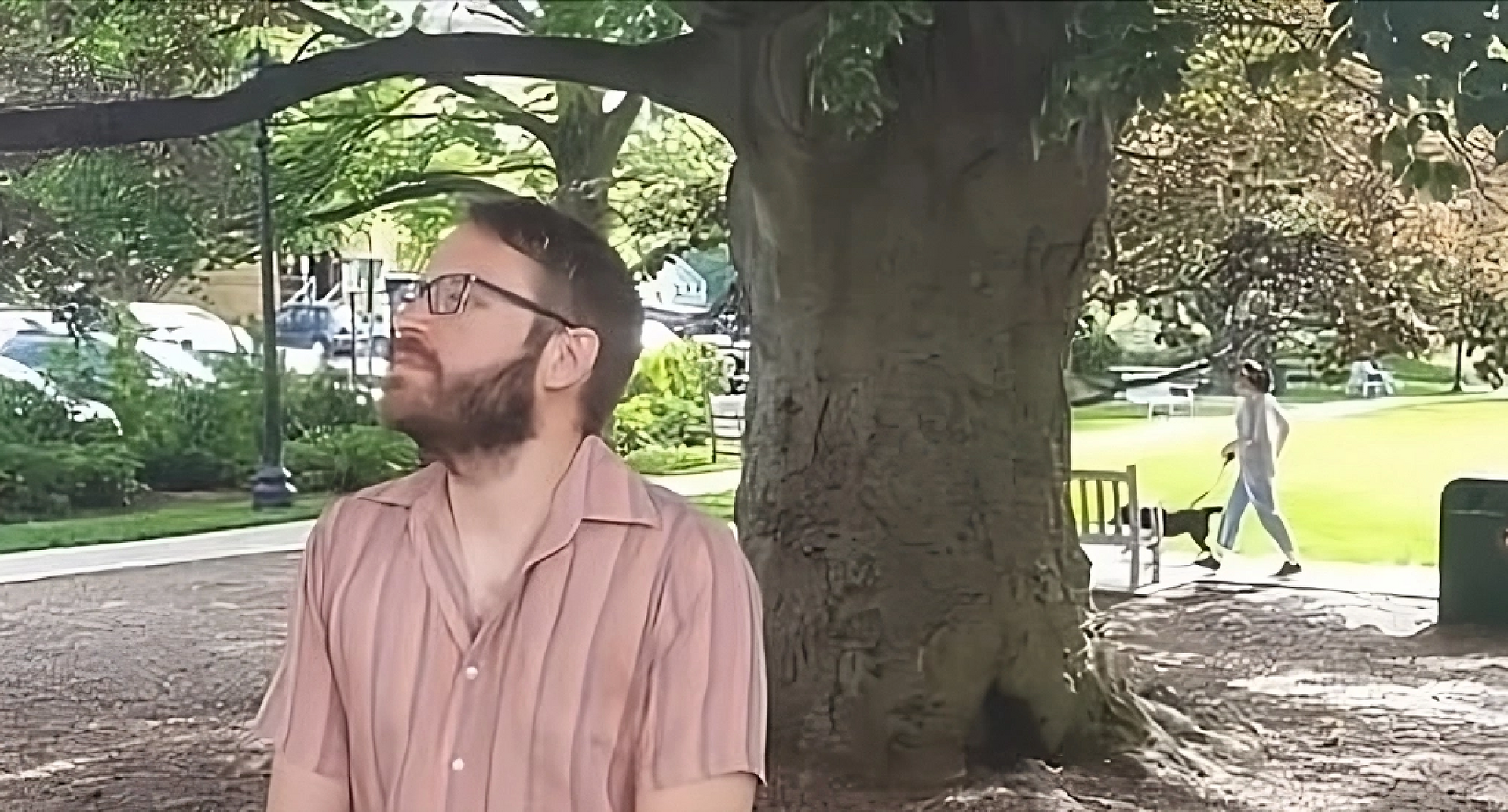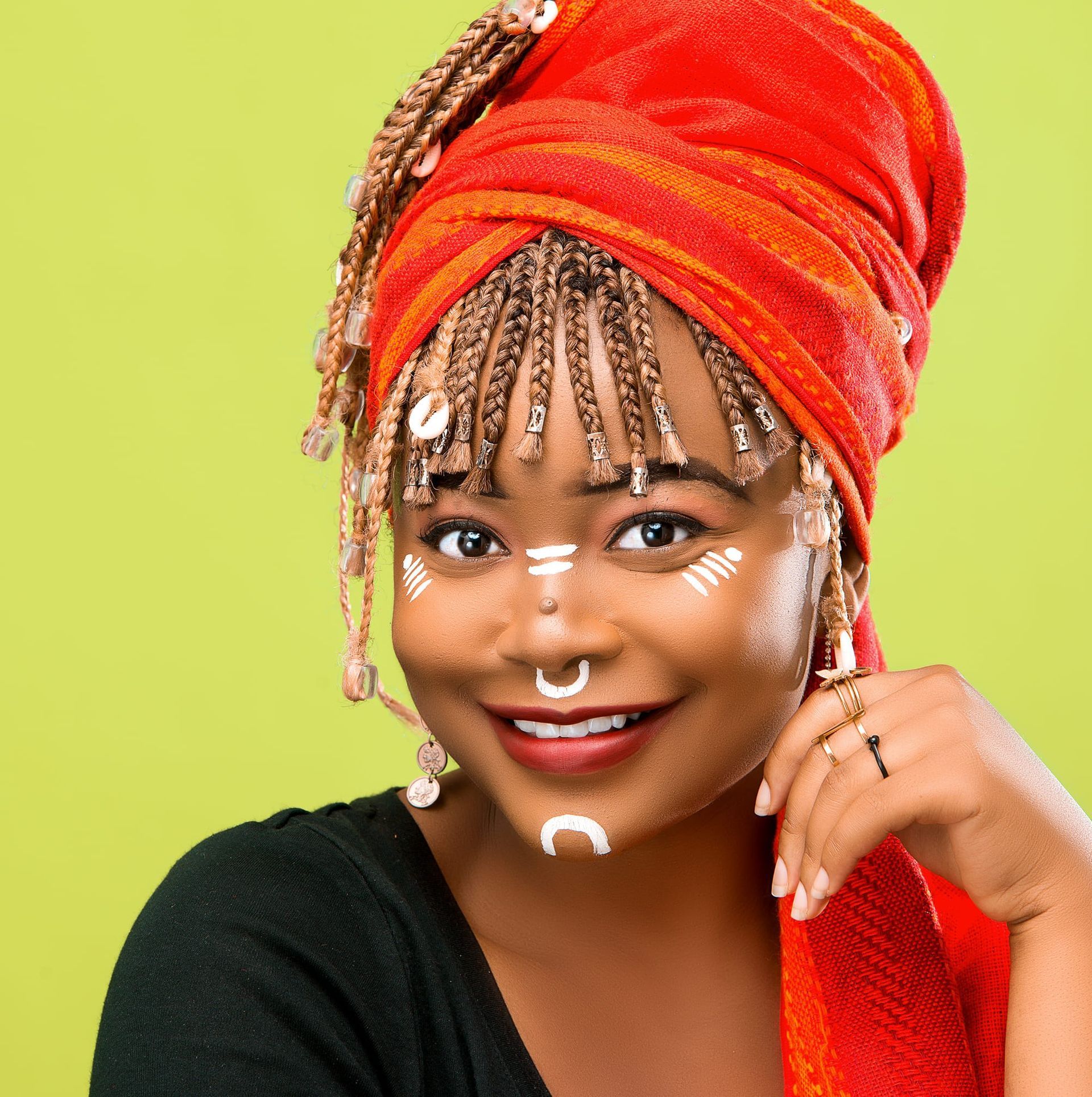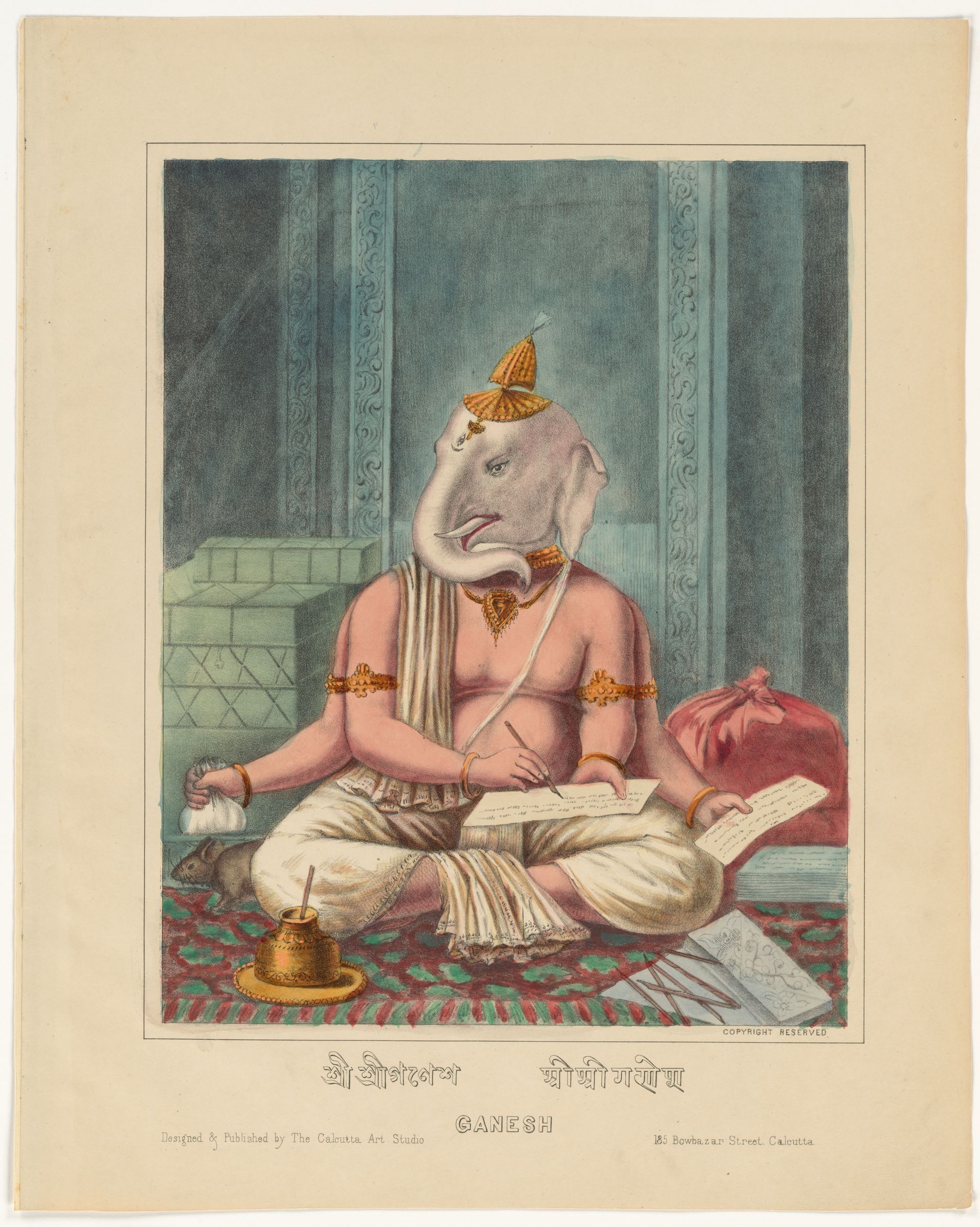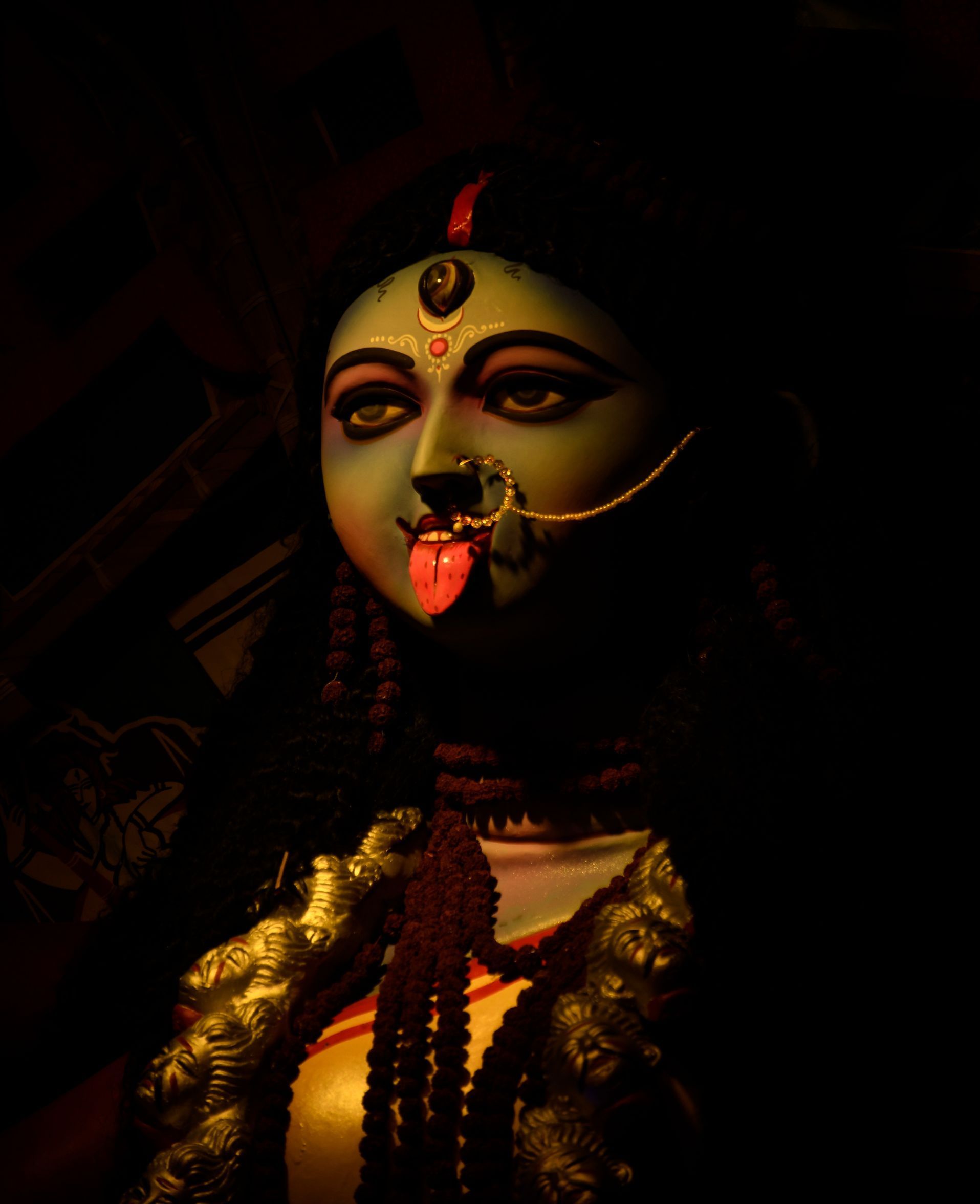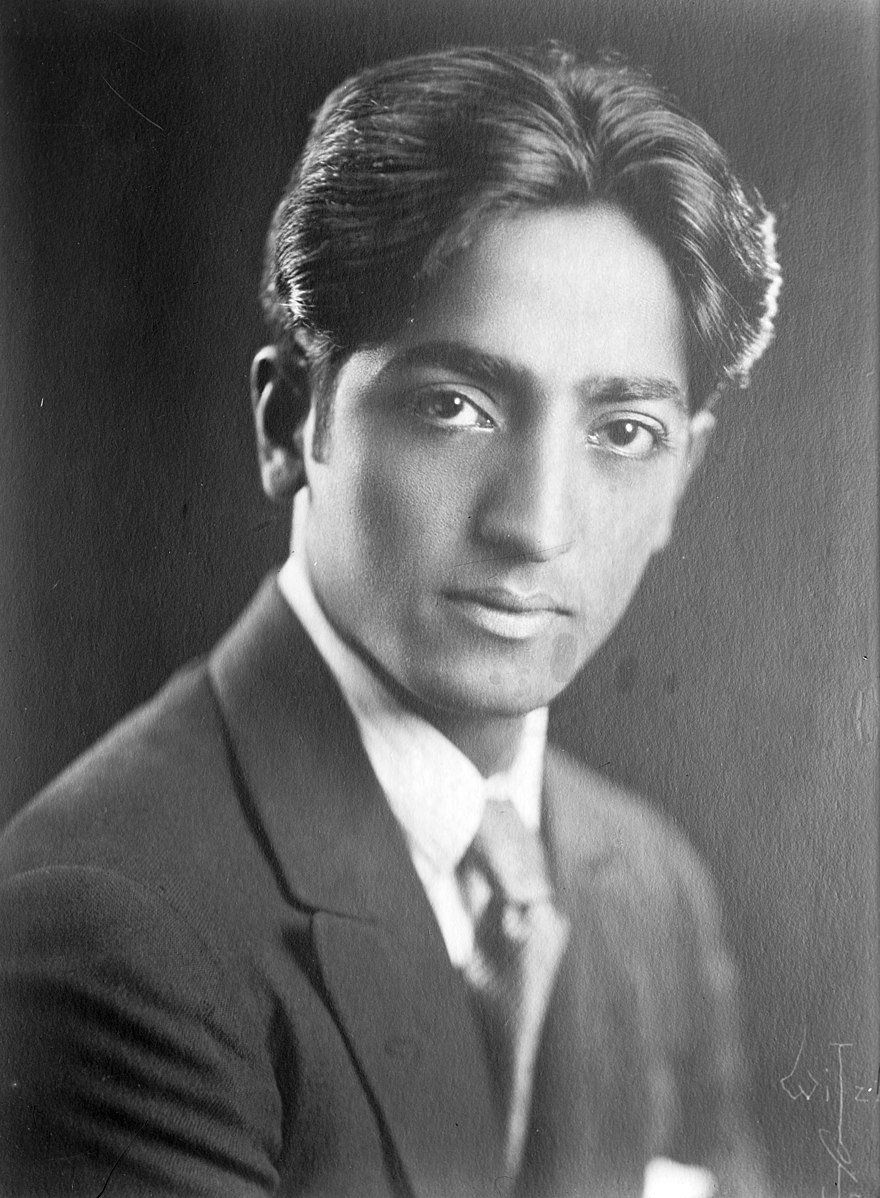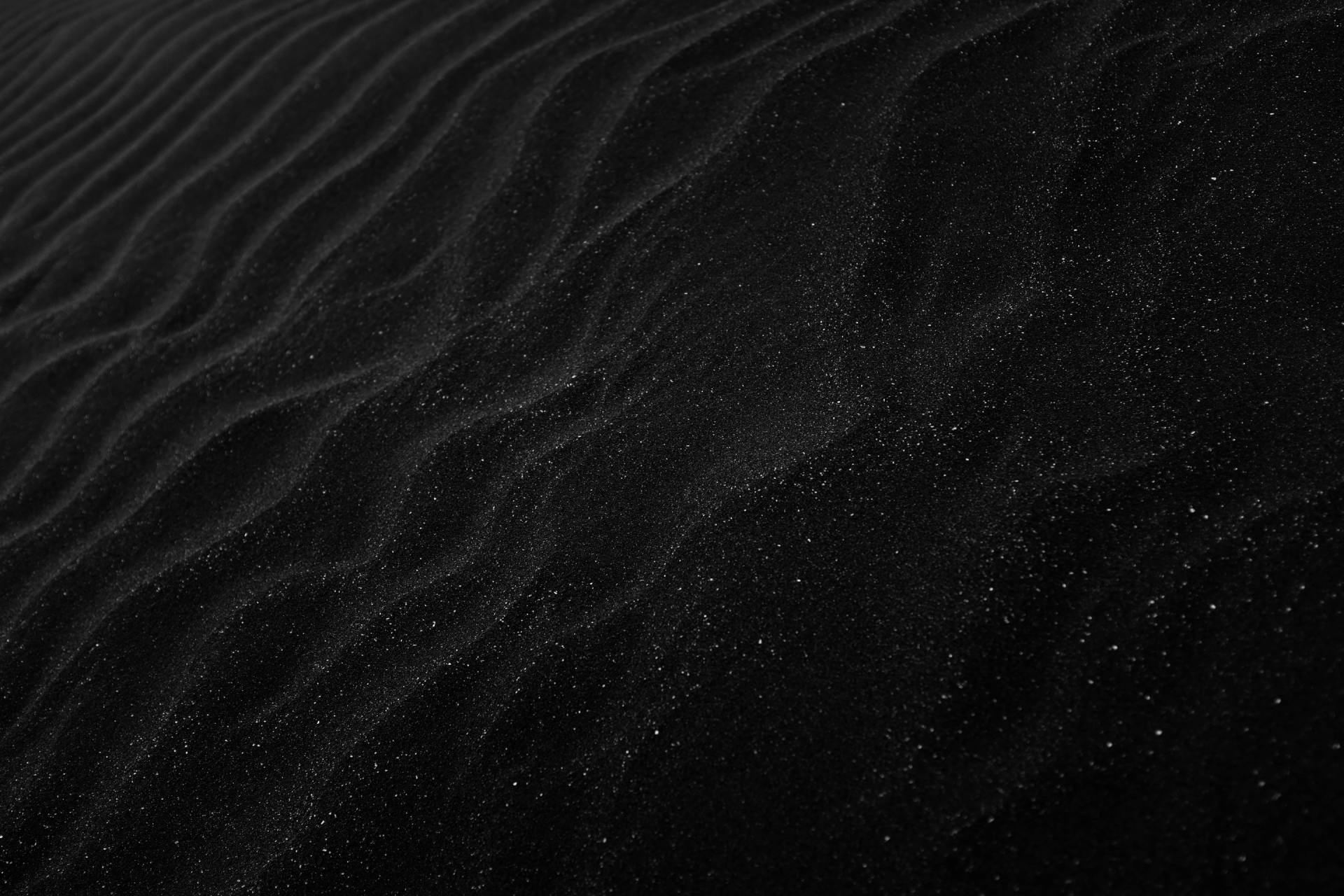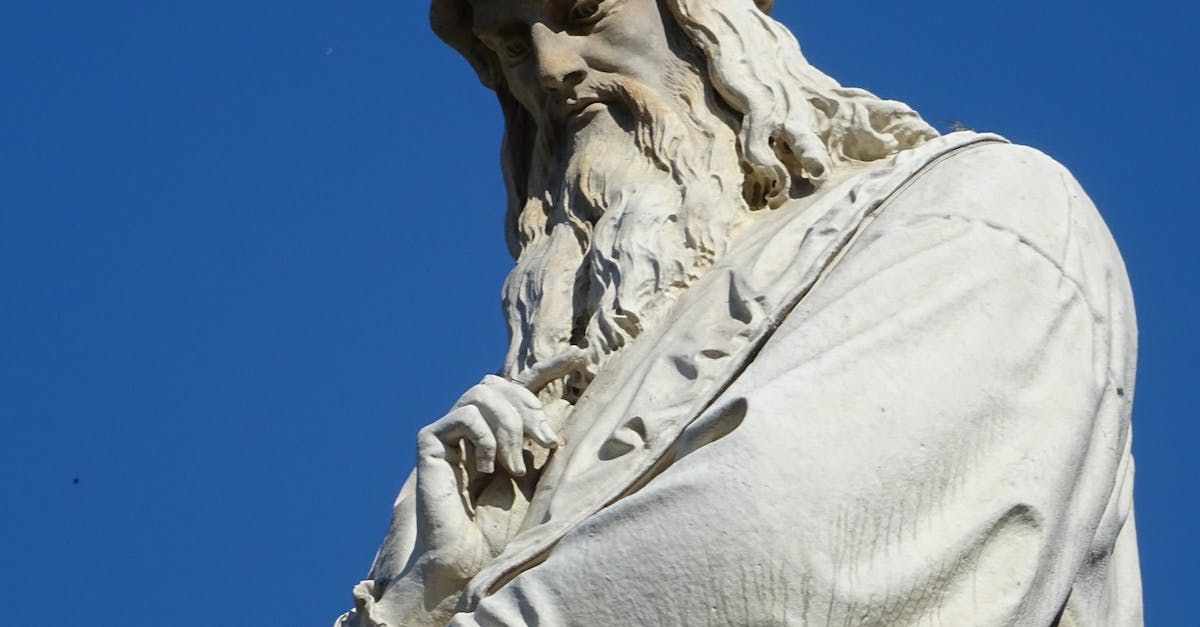ARTHA | Ekphrasis: William Blake & The Ancient Of Days
EKPHRASIS
The Globe shook, and Urizen, seatedOn black clouds, his sore wound anointed;The ointment flow'd down on the voidMixed with blood: here the snake gets her poison
William Blake, The Book of Ahania, Chapter III, I (1795)
Urizen, William Blake's ambiguous deity is us
The creative experience, noise and computing thinking
Transformative power and the non-creator's anxiety
Back to Earth
Poets and maturing Artists captivate us. With intuition and ease, they travel to some secret places we can't find and bring souvenirs so grandiose they enrich our lives and culture.
Have you ever wondered what makes a cultural object desirable (besides visibility and the non-creator anxiety)? In The Ancient of Days for example, everything evokes planet Earth while she is nowhere to be found. What we love in Art and Poetry is the expression of a holistic sensitivity, an intelligence so refined it does need to depict or describe anymore.
A visible thing coming from an invisible world or a sense object allowing to transcend the senses is an aporia, a threshold where reasoning becomes useless and creates fallacies. Cultural objects are aporias. They are both material and informative, physical and metaphysical, real and the outlet of the creator's secret (mythological) visions. Who wouldn't want to possess such object and own those who can channel the unknown?
Here is a simple definition of creativity: the intuitive mastery of elemental transformation from the invisible to the visible and vice versa. So to be creative is to be aware both realm exists, and to honor them. Poets, Artists and Mystics travel through "the zone" because they've learned to explore these inner worlds (foreign to common, strategic perception of the world). They can't deny what supports their journey to the source of creation and back: the physical world and its ravishing density.
Planet Earth: a supreme muse, yet not a metaphor
Our physicality is not a mere concept. It has a round shape and a name: Earth. And yes, she is a masterpiece suspended in space and deserving our loving attention.
The first time I met Mona Lisa in Le Louvre, curators surrounded her with shatterproof glass, dim lights. The local staff encouraged anyone to keep their distance from her (my first experience of social distancing ever). Why on Earth can't we treat Gaia the same? She is real, and if you ask me, realer than Mona Lisa. She is a chef d'oeuvre of evolution, way older and more precious than Da Vinci's painting.
Can we live without visiting museums? Yes.
Gaia, the fire planet, the enchantress and inspirer of all poetry, art and mysticism, proved she can go on without us. She is both the ground of our bodies and the portal to our Souls. So, using her to gratify our senses only is as erroneous as deeming her a symbol only.
Yet, this is how our species keep experiencing her until something happens. Until a tiny little life form born from Gaia shatters our reification tendencies and reminds us how flimsy the veil from life to death is, how death has no color, no purse, no odor and doesn't care about your Instagram followers, your bills or your recent performance on stage.
I loved quarantine.
In her bathtub, Madonna spoke like a Poet. Streets were cleaner, our neighborhoods quieter and forced to introversion, we were able to witness our thoughts. Passive consumer of art became Artists. Wild animals hit the city. Human fear brought back a sense of Harmony.
How aporetic is that?
Aporia is the place creators, or let's be accurate, transformers, keep traveling to and this is good news for everyone who seeks contact with peace and beauty: to reach Harmony, "only" spiritual lock down is necessary. We can all walk the Earth like Poets, mature Artists and
real
Mystics do: focused within in intensity, beautifying what's without effortlessly.
It takes a disciplined, creative and (self-)exploring practice.
Anyone exhausted with duality, inertia or borrowed knowledge and wishing to venture within the aporetic Self can reach out to us. We can help. We'll be happy to.
Poets are everywhere, hiding, yet visible.
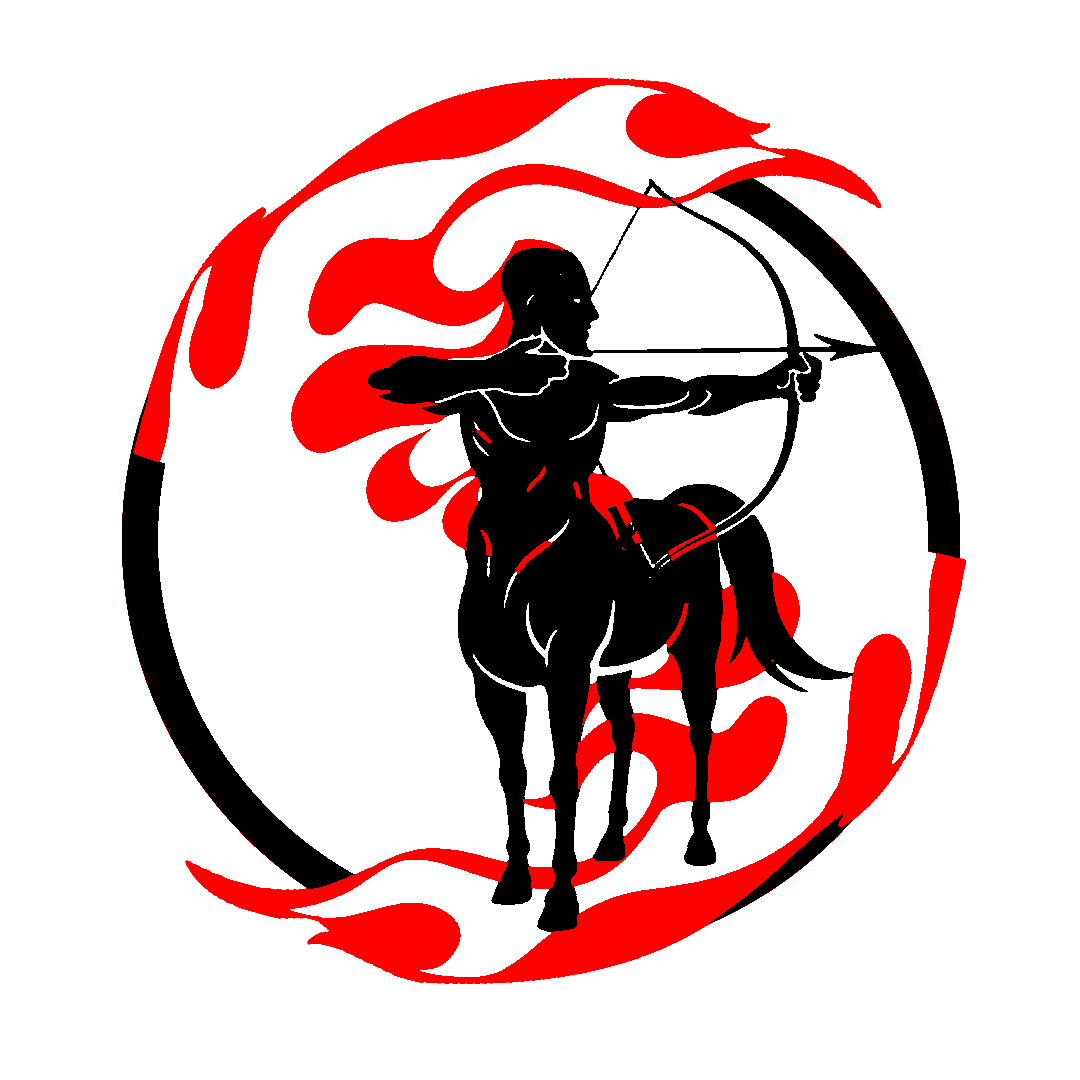
WHO WROTE
"Man is born a Poet.
Will he die an architect?"
"Naître en Poète et mourir architecte" is an excerpt of one of Isaac Valérian's lost poems.
An anonymous Poet, he wants to remain unknown. Like most mature Poets, he is multi-cultural, multi-talented, and lives in a far, far, distant land surrounded by the sea, where notorious animals and strange insects bounce.
Should you wish to experience more of Isaac's poetry, contact us. Maybe he'll come out
Comment this article!
One rule: Be courteous and relevant. Thank you!
Revue {R}évolution
